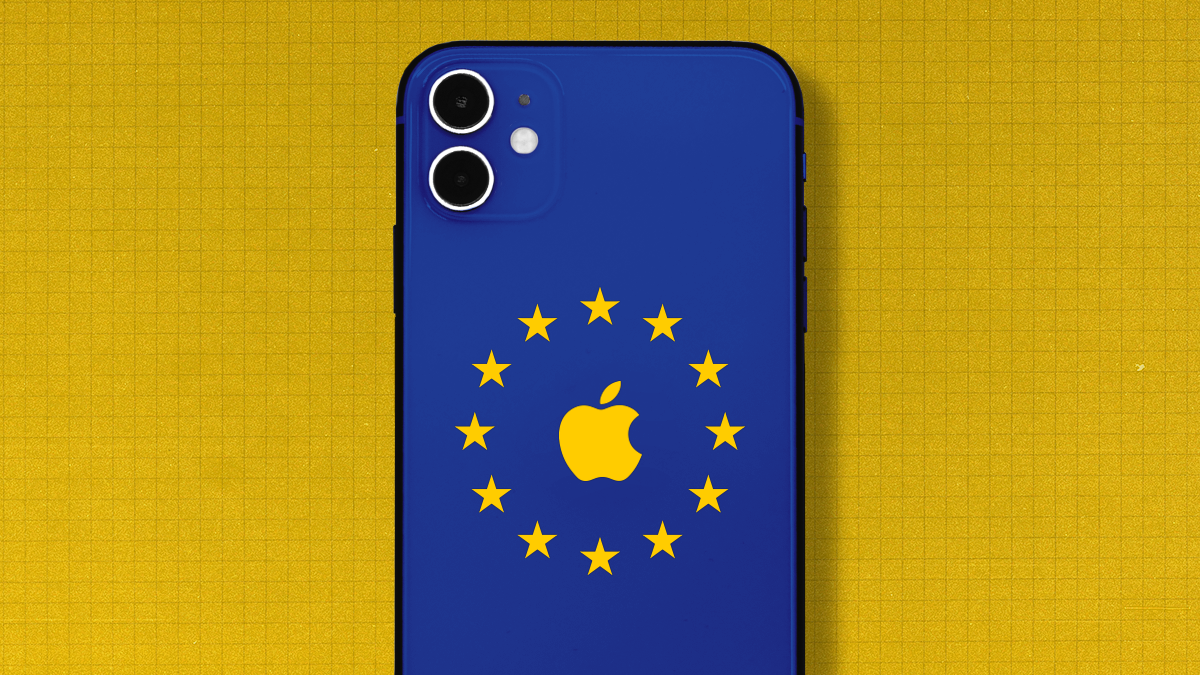Earlier this week, Apple unveiled the iPhone 15. The camera is better. The design is sleeker. The glass is less breakable. It comes in pink.
But the detail that caught our eye was down at the bottom: the charging port has changed from a lightning port to a USB-C port (that’s the one that looks, to us at least, like an M-dash).
The story of why Apple made that change takes us not to Cupertino, but to Brussels. Last October, the EU passed a law that required most kinds of portable electronics sold in Europe to have the same charging port – the USB-C.
The move will reduce the Babel of incompatible chargers to one single standard. Smartphones and tablets have to make the change by 2024, other devices by 2026.
Tech companies grumbled about it – they had refused to agree on a standard voluntarily – but ultimately they went along with it. Why?
Because they didn’t want to get shut out of a market of 450 million consumers (the largest among advanced economies) and it made little sense to make different phones for different regions.
The USB-C story is a nice example of how the EU, lacking tech juggernauts of its own, is nevertheless trying to shape the global technology industry as a “consumer first” regulator.
While the US and China duke it out for supremacy in both hardware and software, Europe has developed some of the strictest laws in the world governing online privacy, content moderation, and competition.
Just last week the EU unveiled another set of regulations targeting the six biggest tech companies with new competition rules.
This is the same approach that Europe is taking when it comes to AI — seeking to jump out in front with smart regulation rather than the most advanced AI modules as such.
For it to continue to work, Brussels has to bet that the allure of its market is greater than the bother of adapting to strict rules. So far it’s working.
